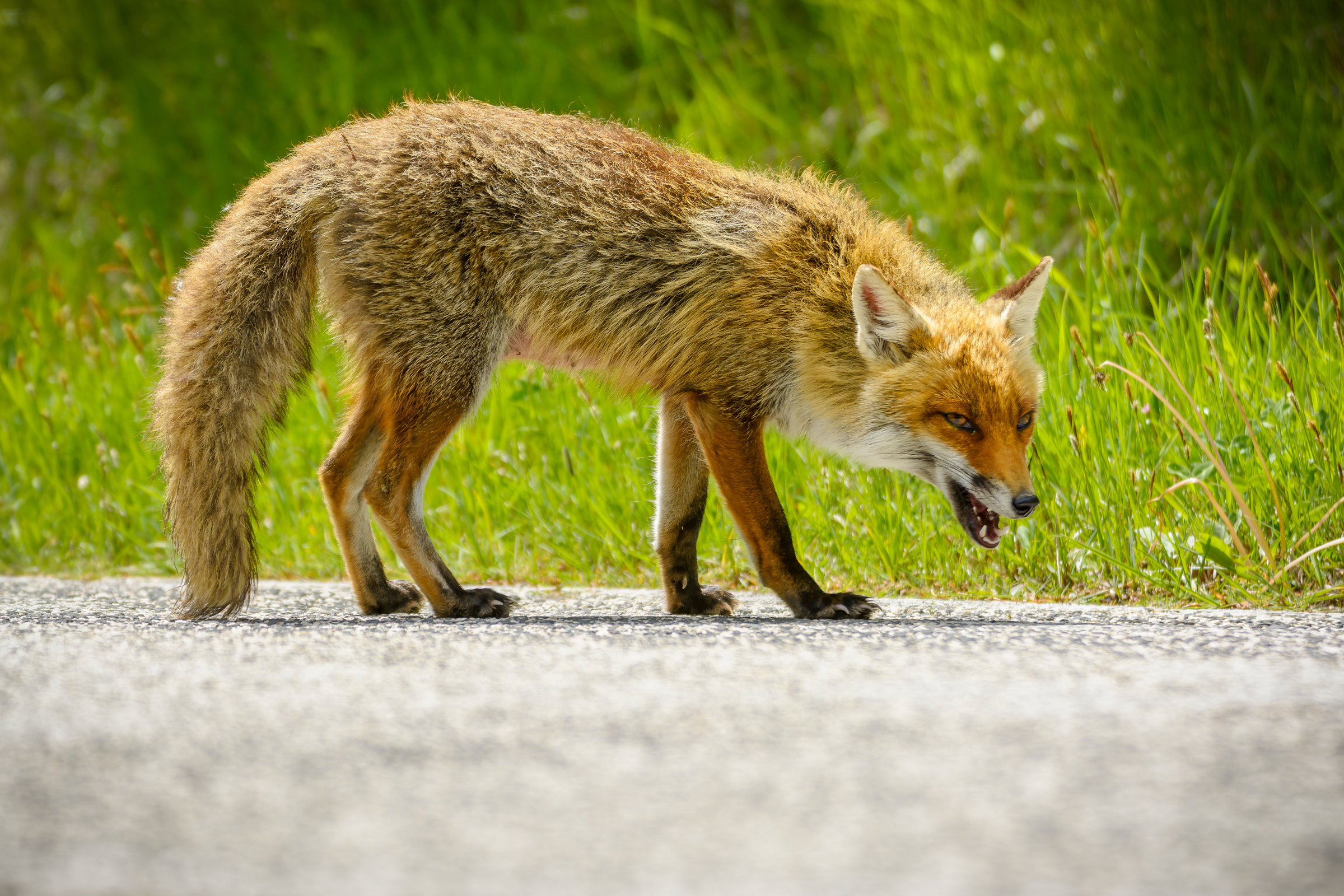
Rabies is another core vaccine for horses that is recommended by the American Association of Equine Practitioners (AAEP). These core vaccines are annual vaccines that protect against diseases that are highly contagious/infectious and have a high mortality rate in horses.
Links in articles are part of an Amazon Affiliate program that provides income to support this brand. Links are chosen by our editors.
The other core vaccines are:
- Eastern and Western equine encephalitis (EEE and WEE)
- West Nile virus (WNV)
- Tetanus
There is no cure for rabies. It is 100 % fatal, usually within 4-5 days of development of clinical signs, taking up to 10 days for a horse to die.
Initially, a horse with rabies might act a little “off” and might have a slight fever. Horses can assume one of several different forms of rabies: a) the dumb form; b) the furious form; and c) the paralytic form. Progression of signs leads to a variety of possible concerns ranging from neurologic deficits to colic to an inexplicable lameness.
Equine business owners can create an Amazon Business Account.
Clinical signs of rabies are initially confused with many other syndromes, making it a dangerous time for human exposure as people unknowingly care for or examine a “sick” horse to ultimately discover the horse has rabies and has exposed everyone around it.
In most cases, horses live outside at least part of the day or night with ample opportunities to encounter wildlife, which can be precarious if such an encounter is with a rabid animal. Wildlife accounts for 93% of rabies cases each year, with raccoons foremost, followed by bats, skunks, foxes and other wild animals such as coyotes. A bite site often cannot be identified on a horse that has been bitten by a rabid wild animal.
Besides being fatal to the horse, this viral disease has zoonotic ramifications, meaning that persons exposed are at risk of developing rabies if prophylactic immunization is not administered in time. Annual vaccination of horses against rabies prevents this hazard to horse and human.
For horses, the rabies vaccine is given after 4 months of age and then boosted annually. Available vaccines are 100 % effective, and it is quite safe.
Equine Rabies Vaccination Schedules
The following information on equine rabies is from the AAEP.org.
NOTE: Vaccination by a licensed veterinarian may be required by state law for rabies vaccine to be considered valid. The majority of the states require rabies to be administered by or under the supervision of a licensed veterinarian.
Unvaccinated adult horses: Administer a single dose and revaccinate annually.
Vaccinated adult horses: Revaccinate annually.
Pregnant mares: Currently, no vaccine is labelled for use in pregnant mares. Veterinarians have used rabies vaccinations in this population. Mares may be vaccinated before breeding or 4 to 6 weeks before foaling.
Foals and Weanlings of unvaccinated mares: Administer 1-dose at 4-6 months of age (refer to manufacturer label guidelines). Annual revaccination is recommended.
Foals and Weanlings of vaccinated mares: Administer a 2-dose series, with 1st-dose at 4-6 months of age (refer to manufacturer label guidelines) and 2nd-dose at 4-6 weeks after the 1st-dose. Annual revaccination is recommended.
Note: The recommendation for a 2-dose initial series in foals from mares vaccinated with rabies within the year prior to foaling is to address the potential for maternal antibody interference.
Horses exposed to a confirmed rabid animal:
Vaccinated horse: Horse currently vaccinated against rabies by a licensed veterinarian with proof of administration of a USDA-approved rabies vaccine: Immediate revaccination by a licensed veterinarian and observation for number of days as directed by state public health officials.
Unvaccinated horse: Contact your state’s public health officials immediately as they will have established requirements and conditions for the monitoring and/or disposition of exposed, unvaccinated animals. These officials will dictate what options are available for the exposed horse. These options may include isolation for up to six (6) months and immediate post-exposure immunization of the horse. Alternatively, the horse can be euthanatized immediately.
Sign up now for Amazon Prime 30-day Free Trials, a membership program that offers special benefits including: Instantly watch thousands of movies and TV episodes; Borrow Kindle books; Get unlimited FREE two-day shipping (no minimum order size). Learn more.



